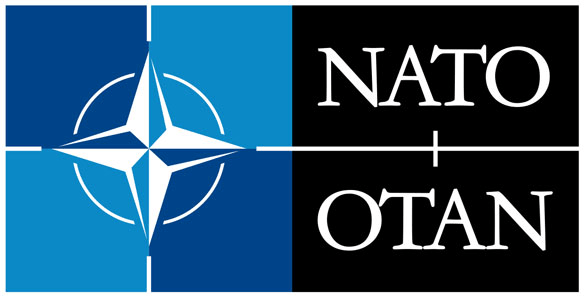
Visiting Scientist Programme
- La Spezia
- Tempo indeterminato
- Full time
- Underwater acoustics
- Underwater Robotics
- Seismic acoustic
- Sensors and signal processing
- Ocean observation and prediction
- Operations research of complex systems
- Remote sensing and adaptive sampling
- Underwater communication engineering
- Ocean and marine engineering
- Unmanned underwater and aerial vehicles (sensors, payloads, platforms)
- Information theory
- Cognitive science
- Autonomy and collective intelligence
- AI
- Climate change and Security
- Compact fuel cell power modules (robots and drones)
- Virtual reality
- Data exploitation
- Quantum Technology
- Computer Science
- Cybersecurity
- System Administration
- Cloud computing
- Networking
- Modelling and Simulation
- IT support/Helpdesk
- Ph.D. and possess at least 7 years' post Ph.D. work experience in the field
- Master's Degree in a related field - and at least 10 years’ experience after the Master’s degree
- English SLP 3333
- Visiting Scientists fall within the category of Consultants and chapter XVI of NATO CPRs regulates them.
- Visiting Scientists’ assignments will last a minimum of 90 consecutive days and may be extended by one further period not exceeding 90 days. On a case-by-case basis, assignments shorter than 3 months may be accepted.
- Visiting Scientists will receive paid travel to and from their place of residence to the CMRE in accordance with NATO travel rules, unless the assignment is less than 30 consecutive calendar days.
- Visiting Scientists are reminded that it is their responsibility to investigate with their appropriate Authorities in their home country whether a VISA is required for them to work in Italy and for their family members to join them in Italy.
- Visiting Scientists’ salaries are not exempted from taxation, therefore, they are responsible to declare their salaries received from CMRE to the appropriate Fiscal Authorities, as required by legislation.
- Visiting Scientist are not automatically insured for accidents (to include accidents on duty), health problems or other risks, therefore, insurance coverage is mandatory. They need to provide evidence of insurance coverage for illness, accidents and accidents on duty for the whole period at CMRE.
- Visiting Scientists will be required to sign a statement understanding that all proprietary rights in any work carried out under the VRP shall be vested in the organisation. They will also be required to participate in a security briefing upon arrival.
- Applicants should submit their applications (including the most relevant publications, the diplomas - stating the highest level of education - and a CV) through NATO Talent Acquisition Program (NTAP) and they may propose their own topic of research for consideration when aligning candidate interests with CMRE project requirements.
- Application is limited to nationals of NATO member states: Albania, Belgium, Bulgaria, Canada, Croatia, Czech Republic, Denmark, Estonia, Finland, France, Germany, Greece, Hungary, Iceland, Italy, Latvia, Lithuania, Luxembourg, Montenegro, North Macedonia, Norway, Poland, Portugal, Romania, Slovakia, Slovenia, Spain, Sweden, The Netherlands, Türkiye, United Kingdom and United States.
- Candidates must be at least 21 years old to be considered for the Visiting Scientist Programme. On a case-by-case basis, participation to the Programme may require the Visiting Scientist to obtain a NATO Secret security clearance certificate or interim clearance issued by the national authorities of the researcher's country of origin prior to arrival.
- The selection process will be based on CV screening and remote interview with the subject matter expert. The final decision on the appointment of the selected Visiting Scientist will stay with CMRE Director.
- CMRE values diverse backgrounds and perspectives and is committed to recruiting and retaining a diverse and talented workforce. We welcome applications of nationals from all Member States and strongly encourage women to apply.
- Selected candidates are expected to be role models of integrity, and to promote good governance through ongoing efforts in their work.
- Visiting Scientists will be invited to a dedicated community of STEM (science, technology, engineering and mathematics) professionals in the Science and Technology Organization (STO), whose main goal is to inform STO’s efforts and widen the NATO scientific knowledge base, with personal and community growth as main objectives.